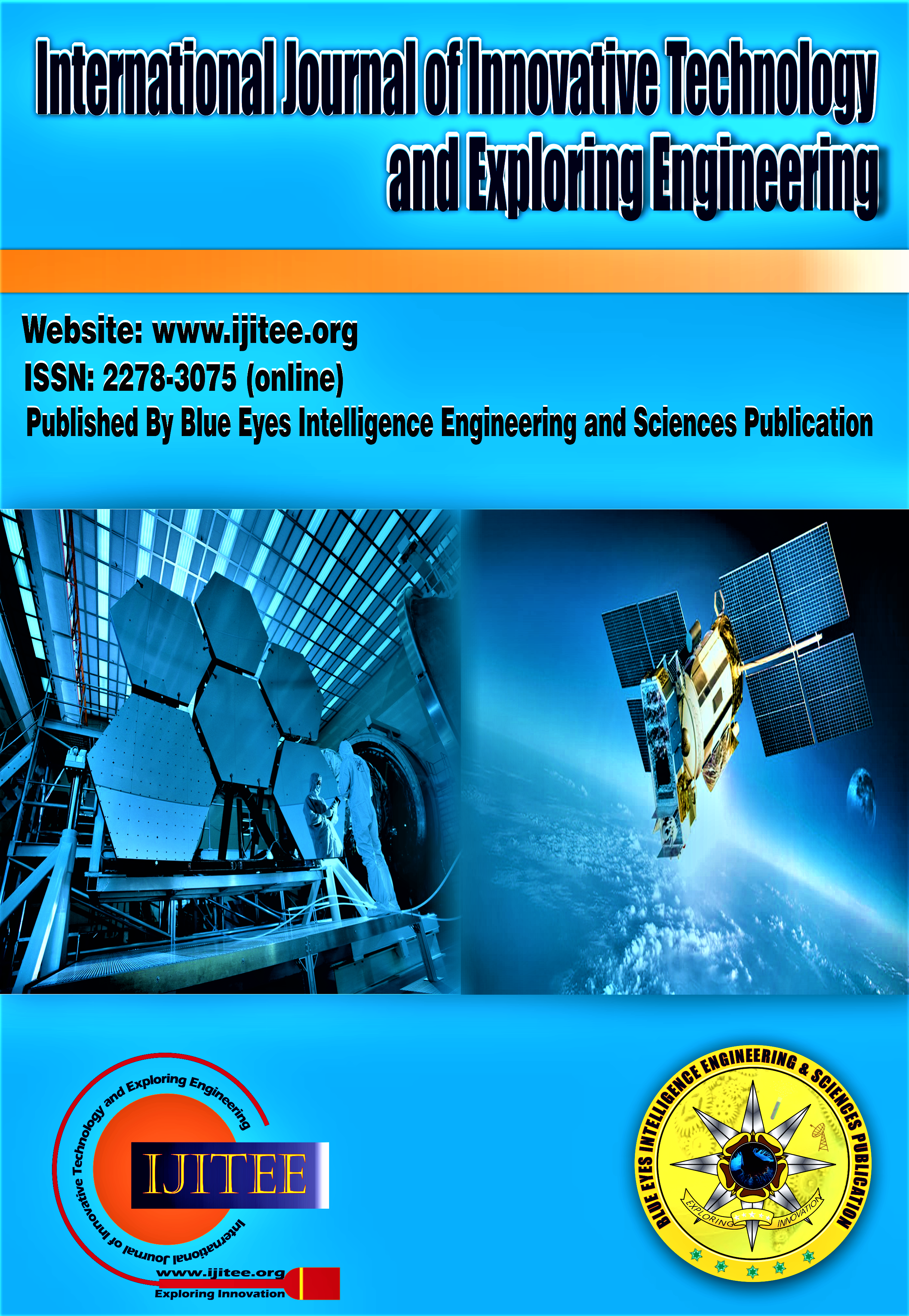Driver Distraction and Drowsiness Detection Based on Object Detection Using Deep Learning Algorithm
Main Article Content
Abstract
Distracted driving is a major global contributing factor to traffic accidents. Distracted drivers are three times more likely to be involved in an accident than non-distracted drivers. This is why detecting driver distraction is essential to improving road safety. Several prior studies have proposed a range of methods for identifying driver distraction, including as image, sensor, and machine learning-based approaches. However, these methods have limitations in terms of accuracy, complexity, and real-time performance. By combining a convolutional neural network (CNN) with the You Only Look Once (YOLO) object identification method, this study suggests a unique way to driver distraction detection The two primary phases of the suggested paradigm are object identification utilizing Yolo and classification of the identified things. The YOLO algorithm is used to identify and pinpoint the driver's hands, face, and any other objects that might draw their attention away from the road. The objects that have been observed are then categorized using a CNN to determine whether or not the driver is distracted. When evaluated on a publicly available dataset, the proposed model shows good performance in detecting driver preoccupation. Utilize the CNN algorithm in addition to ocular features to determine the driver's level of fatigue. The proposed method might be incorporated into advanced driver assistance systems with real-time environment to improve road safety.
Downloads
Article Details
Section

This work is licensed under a Creative Commons Attribution-NonCommercial-NoDerivatives 4.0 International License.
How to Cite
References
Darapaneni, Narayana, et al. "Detection of Distracted Driver using Convolution Neural Network." arXiv preprint arXiv:2204.03371 (2022).
Alkinani, Monagi H., et al. "HSDDD: a hybrid scheme for the detection of distracted driving through fusion of deep learning and handcrafted features." Sensors 22.5 (2022): 1864. https://doi.org/10.3390/s22051864
Hossain, Md Uzzol, et al. "Automatic driver distraction detection using deep convolutional neural networks." Intelligent Systems with Applications 14 (2022): 200075. https://doi.org/10.1016/j.iswa.2022.200075
Aljasim, Mustafa, and Rasha Kashef. "E2DR: a deep learning ensemble-based driver distraction detection with recommendations model." Sensors 22.5 (2022): 1858. https://doi.org/10.3390/s22051858
Aljohani, Abeer A. "Real-time driver distraction recognition: A hybrid genetic deep network-based approach." Alexandria Engineering Journal 66 (2023): 377-389. https://doi.org/10.1016/j.aej.2022.12.009
Netay, I. V. (2022). Influence of Digital Fluctuations on Behavior of Neural Networks. In Indian Journal of Artificial Intelligence and Neural Networking (Vol. 3, Issue 1, pp. 1–7). https://doi.org/10.54105/ijainn.a1061.123122
Magapu, H., Krishna Sai, M. R., & Goteti, B. (2024). Human Deep Neural Networks with Artificial Intelligence and Mathematical Formulas. In International Journal of Emerging Science and Engineering (Vol. 12, Issue 4, pp. 1–2). https://doi.org/10.35940/ijese.c9803.12040324
Reddy, M. V. K., & Pradeep, Dr. S. (2021). Envision Foundational of Convolution Neural Network. In International Journal of Innovative Technology and Exploring Engineering (Vol. 10, Issue 6, pp. 54–60). https://doi.org/10.35940/ijitee.f8804.0410621
Kumar, P., & Rawat, S. (2019). Implementing Convolutional Neural Networks for Simple Image Classification. In International Journal of Engineering and Advanced Technology (Vol. 9, Issue 2, pp. 3616–3619). https://doi.org/10.35940/ijeat.b3279.129219
Vijayalakshmi, V., & Venkatachalapathy, K. (2019). Deep Neural Network for Multi-Class Prediction of Student Performance in Educational Data. In International Journal of Recent Technology and Engineering (IJRTE) (Vol. 8, Issue 2, pp. 5073–5081). https://doi.org/10.35940/ijrte.b2155.078219





